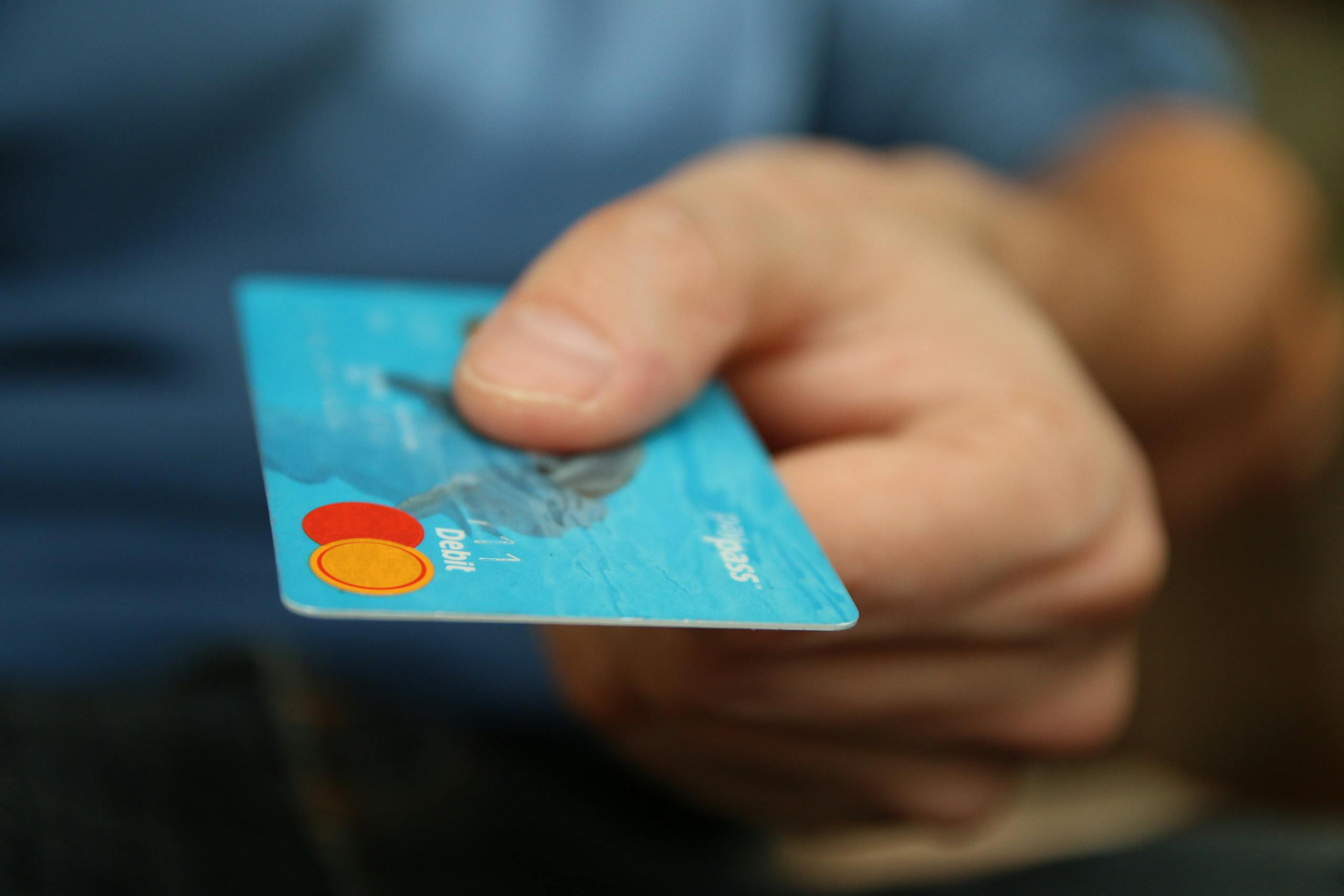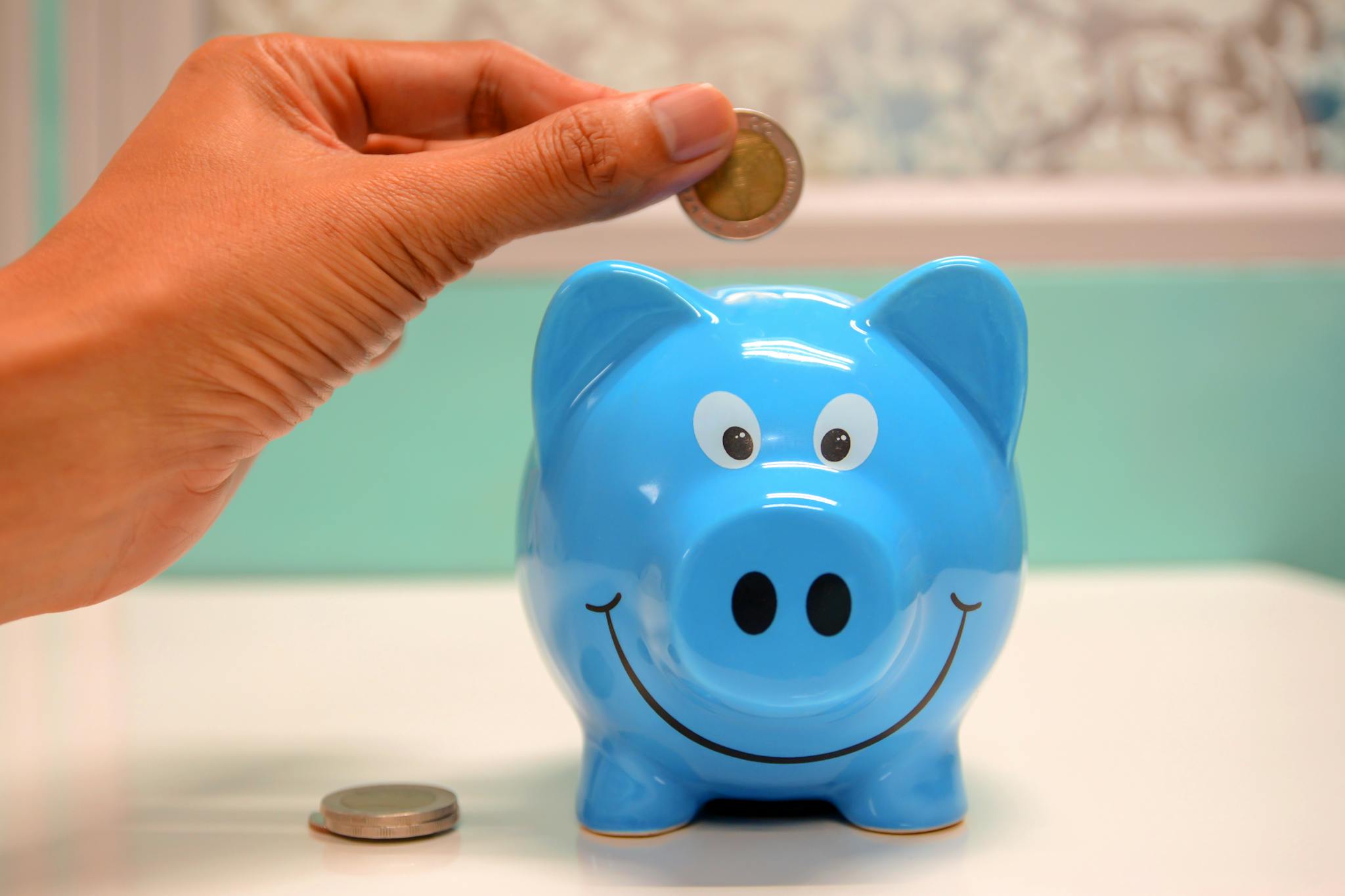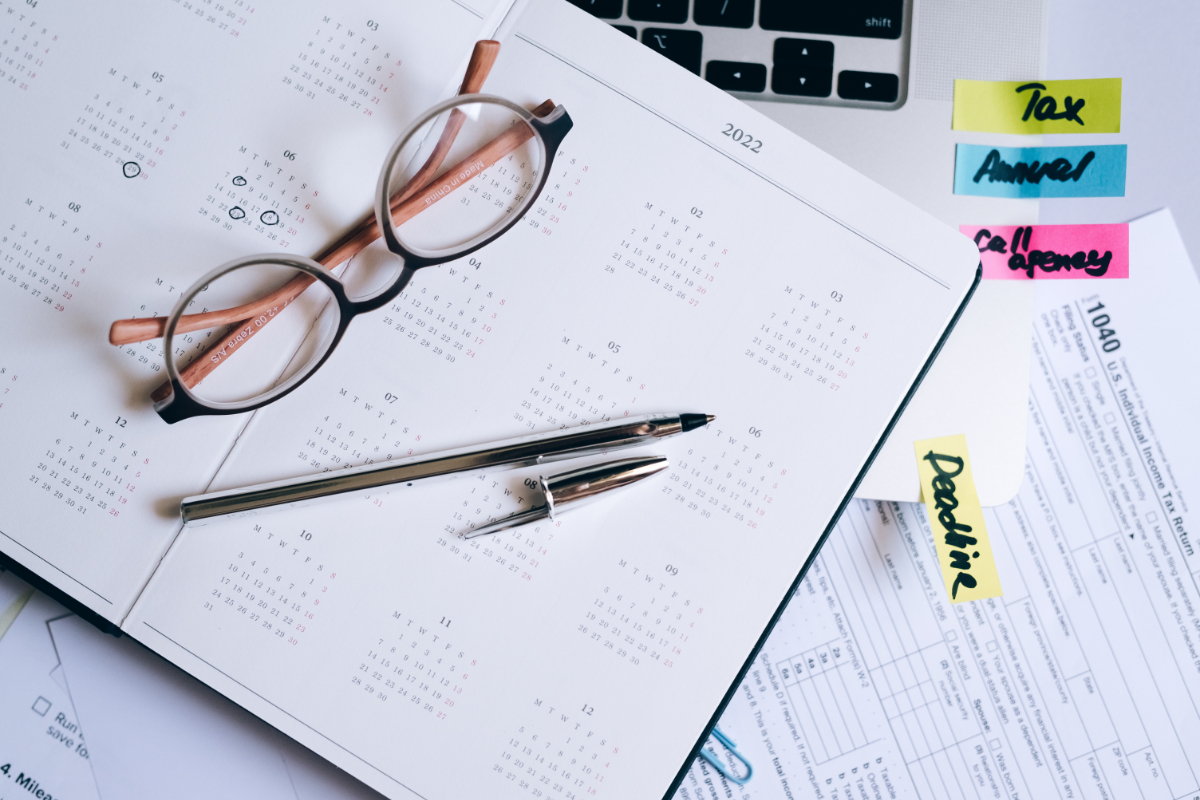Ditch Debt Fast: Tips For A Rapid Payoff Plan
There are some affiliate links below, but they are all products I highly recommend. For more info, view my disclosure here.
Are you tired of being weighed down by debt? It’s time to take control of your financial future and create a rapid payoff plan.
We will provide you with practical tips and strategies to help you ditch debt fast. First, we will guide you through assessing your debt situation, so you have a clear understanding of what you’re dealing with.
Next, we’ll show you how to create a budget and cut expenses, freeing up extra money to put towards your debt. Prioritizing debt repayment is crucial, and we’ll help you develop a plan that works for your specific situation.
We’ll explore debt consolidation options and provide tips on negotiating with creditors. Increasing your income can also accelerate your debt payoff, and we’ll share some ideas to help you do just that.
We’ll discuss the importance of staying motivated and tracking your progress. It’s time to take charge and say goodbye to debt once and for all. Let’s get started!
Assessing Your Debt Situation
Are you ready to take control of your financial future? Let’s start by assessing your debt situation and creating a plan to ditch it fast!
Gather all your debt-related information. Make a list of all your outstanding debts, including credit card balances, student loans, and any other loans you may have. Write down the total amount owed for each debt and the interest rates associated with them. This will give you a clear picture of your debt load.
Next, take a close look at your monthly budget. Determine how much money you have coming in and how much is going out. Identify areas where you can cut back on expenses to free up more money to put towards your debt. Consider reducing discretionary spending, like eating out or buying new clothes, and redirecting those funds towards debt repayment.
Once you have a clear understanding of your debt and your budget, it’s time to create a plan. Decide on a strategy that works best for you, whether it’s the debt snowball method, where you focus on paying off the smallest debt first, or the debt avalanche method, where you prioritize debts with the highest interest rates. Stick to your plan and make consistent payments to see progress.
By assessing your debt situation and creating a plan, you’re taking the first steps towards becoming debt-free. It may not be easy, but with determination and discipline, you can achieve financial freedom.
Creating a Budget and Cutting Expenses
Take a close look at your monthly expenses and find areas where you can make cuts to your budget, helping you make progress towards your financial goals. Creating a budget is an essential step in your journey to ditching debt fast.
Start by listing all your income sources and then track your expenses for a few months to get a clear picture of where your money is going. Once you have a better understanding of your spending habits, it’s time to identify areas where you can cut back.
Examine your discretionary expenses, such as eating out, entertainment, and shopping. These are often the easiest areas to make cuts. Consider cooking at home more often, finding free or low-cost activities for entertainment, and limiting unnecessary purchases.
Review your fixed expenses like rent, utilities, and insurance. While it may not be possible to make significant cuts, you can still explore options like refinancing or negotiating lower rates.
Another way to cut expenses is by eliminating or reducing unnecessary subscriptions or memberships. Take a look at your gym membership, streaming services, magazine subscriptions, and any other recurring expenses. Cancel those that you don’t use frequently or find cheaper alternatives.
Remember, every dollar you save on expenses is a dollar that can be put towards paying off your debt. By creating a budget and cutting expenses, you will have more money available to tackle your debts and reach your goal of becoming debt-free faster.

Prioritizing Debt Repayment
To expedite your journey towards financial freedom, it’s crucial to prioritize repaying your debts. By focusing on paying off your debts strategically, you can save money on interest payments and become debt-free faster.
Start by making a list of all your debts, including credit cards, loans, and any other outstanding balances. Write down the amount owed, the interest rate, and the minimum monthly payment for each debt. This will give you a clear picture of your overall debt situation.
Next, identify which debts have the highest interest rates. These are the ones that are costing you the most money in interest charges. Make it a priority to pay off these high-interest debts first. You can allocate extra funds towards these debts while still paying the minimum on your other debts.
Consider using the debt avalanche method, where you focus on paying off the debt with the highest interest rate first, while paying the minimum on the rest. Once the highest interest rate debt is paid off, move on to the next highest interest rate debt.
Another strategy is the debt snowball method, where you focus on paying off the smallest debt first, while paying the minimum on the rest. This method can provide a psychological boost as you see progress in paying off debts more quickly.
Whichever method you choose, staying organized and consistent with your debt repayment plan is crucial. Set a monthly budget that allows you to allocate extra funds towards debt repayment. Stay disciplined and avoid accumulating new debt while paying off your existing debts.
Prioritizing debt repayment may require sacrifice and discipline, but it’s a necessary step towards achieving financial freedom. Stick to your plan, and you’ll soon be on your way to a debt-free life.
Exploring Debt Consolidation Options
Consider exploring debt consolidation options to simplify your financial situation and regain control over your finances. Debt consolidation involves combining multiple debts into one loan, making it easier to manage and potentially lowering your overall interest rate.
There are several options to consider when it comes to debt consolidation.
One option is to transfer your credit card balances to a single card with a lower interest rate. This can help you save money on interest payments and make it easier to keep track of your debt.
Another option is to take out a personal loan to pay off your debts. This allows you to consolidate your debts into one monthly payment with a fixed interest rate.
You may want to consider a home equity loan or line of credit if you own a home. These options can provide lower interest rates, but it’s important to carefully consider the risks and potential consequences.
Before choosing a debt consolidation option, it’s important to evaluate your financial situation and determine if it’s the right choice for you. Consider the interest rates, fees, and terms of the consolidation loan, as well as your ability to make the monthly payments.
It’s also important to address the root cause of your debt and create a budget to avoid falling into the same financial trap in the future.
Exploring debt consolidation options can be a strategic move to simplify your debt and regain control over your finances. Take the time to research and compare different options to find the one that best fits your needs and financial goals.
Remember to carefully consider the risks and consequences before making a decision. With a solid plan and commitment to financial stability, you can successfully ditch debt and achieve a rapid payoff.
Negotiating with Creditors
Negotiating with creditors can be like navigating a tightrope, balancing your financial stability with their demands and finding a middle ground for both parties involved. However, it’s a crucial step in your rapid debt payoff plan.
When dealing with creditors, remember to approach the negotiation process with confidence and a clear plan. Start by gathering all the necessary information about your debt, such as the outstanding balance, interest rate, and any late fees or penalties. This will help you negotiate from a position of knowledge and strength.
Next, reach out to your creditors and explain your financial situation honestly. Let them know that you’re committed to paying off your debt but need some flexibility.
During the negotiation, be prepared to propose a realistic repayment plan that works for both you and the creditor. This might include requesting a lower interest rate, waiving late fees, or extending the repayment period. Remember, the goal is to find a solution that allows you to pay off your debt faster while also meeting the creditor’s needs.
If you’re having trouble negotiating on your own, consider seeking help from a reputable credit counseling agency. They can negotiate on your behalf and help you develop a debt management plan. Just be cautious of any agency that charges high fees or promises unrealistic results.
Negotiating with creditors requires patience and persistence, but it can lead to significant savings and a faster path to becoming debt-free. Stay focused, stay positive, and keep your eyes on the ultimate goal of financial freedom.
Increasing Your Income
Finding ways to boost your earnings can provide a powerful boost to your financial situation, allowing you to make significant strides towards achieving your financial goals. Increasing your income can help you pay off your debts faster and get on the path to financial freedom.
Here are some tips on how to increase your income and accelerate your debt payoff plan.
Consider taking on a side hustle or a part-time job. This can be anything from freelancing, tutoring, or driving for a ride-sharing service. These extra gigs can bring in additional income that you can put towards your debt.
Another way to increase your income is to ask for a raise at your current job. Gather evidence of your hard work and accomplishments, and approach your boss confidently to make your case. A raise can provide a significant boost to your monthly income, which can then be used to pay off your debts more quickly.
You may want to explore opportunities for career advancement. Look for ways to improve your skills or pursue further education that can lead to promotions or higher-paying jobs. Investing in yourself can pay off in the long run by opening up doors to higher earning potential.
Consider renting out any unused space in your home or selling items you no longer need. These can bring in extra cash that can be used to pay down your debts.
By implementing these strategies and finding ways to increase your income, you can supercharge your debt payoff plan and achieve financial freedom sooner than you thought possible.
Staying Motivated and Tracking Progress
Now that you’ve learned some strategies for increasing your income, it’s time to dive into the next crucial step of your rapid debt payoff plan: staying motivated and tracking your progress.
Paying off debt can feel like a long and challenging journey, but by staying motivated, you’ll be able to keep your eye on the prize and push through any obstacles that come your way. One way to stay motivated is by setting small, achievable goals along the way. Celebrate each milestone you reach, whether it’s paying off a specific amount or eliminating a particular debt. This will give you a sense of accomplishment and keep you inspired to continue your debt-free journey.
Tracking your progress is equally important. Keep a record of all your debts, their interest rates, and minimum payments. As you make progress, update this record to see how far you’ve come. Consider using a debt payoff calculator or app to help you visualize your progress and determine how much extra money you can put towards your debt each month.
Remember, every dollar you put towards paying off your debt is a step closer to financial freedom. Stay motivated, track your progress, and soon enough, you’ll be celebrating your debt-free future.






